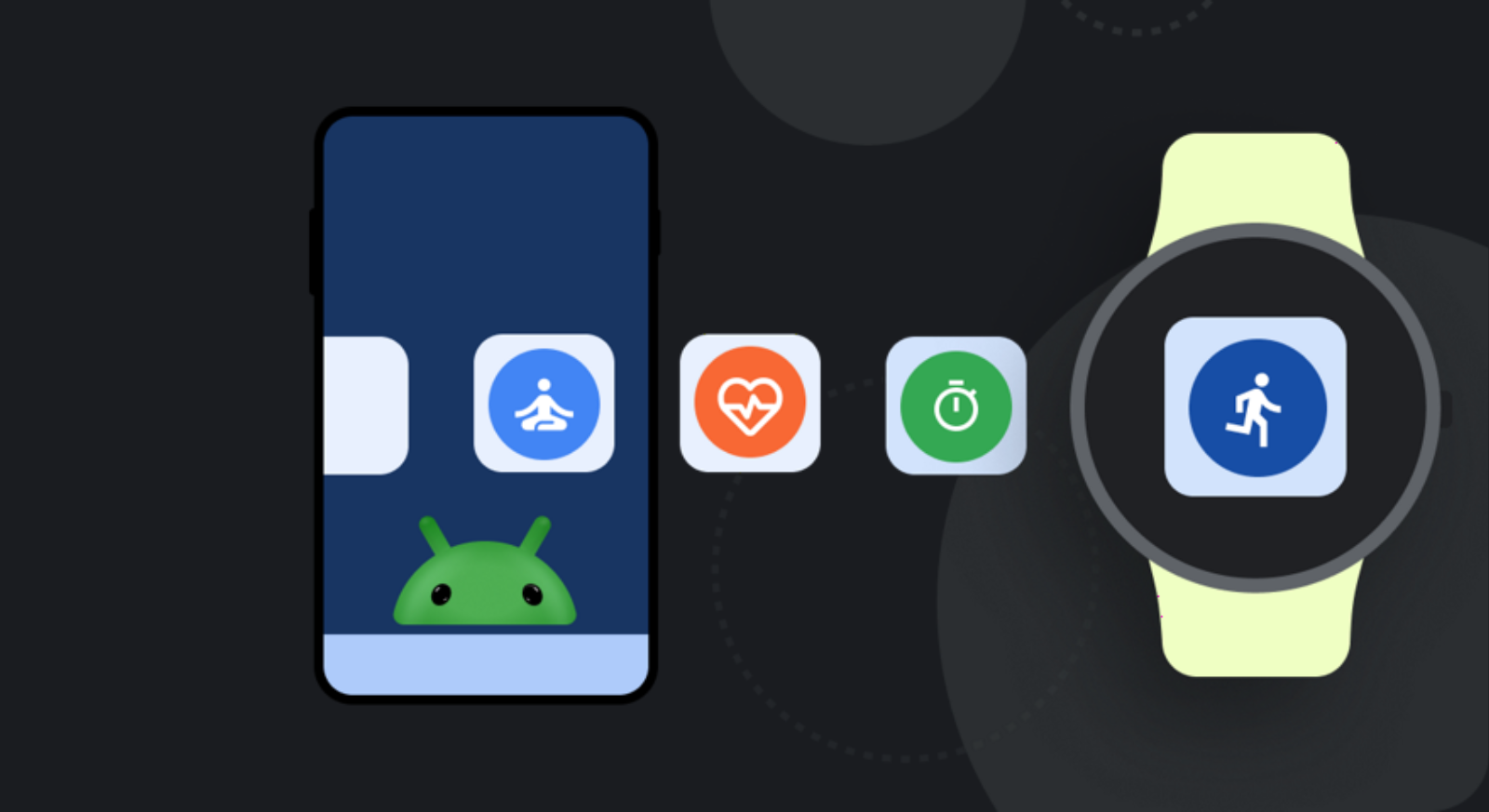Migrating from Google Fit APIs to Android Health

Posted by Chris Wilk – Senior Product Manager, Android Health
At Google, we’re committed to empowering developers to create innovative health and fitness experiences on Android. Over the past few years, we’ve been investing heavily in establishing the Android Health platform, making significant improvements to build a more unified, secure, and user-friendly health ecosystem. Our goal is to provide developers with a powerful, integrated health platform that reduces fragmentation and streamlines the development process.
What is changing
As a result of these advancements, we’re excited to announce that Google Fit developer services will be transitioning to become a core part of the Android Health platform. This change allows us to better serve developers and users, providing a seamless experience across the platform.
As part of this transition, Google Fit APIs, including the REST API, will remain available until June 30, 2025, giving developers ample time to migrate to Android Health. Starting today, new sign-ups for the Google Fit APIs will no longer be accepted as we focus on enhancing the Android Health platform.
What this means for developers
Developers Using Google Fit APIs for Android
If you are a developer using Google Fit APIs for Android, we recommend migrating to Android Health products now to ensure uninterrupted service for your users. Android Health APIs offer several advantages over the Google Fit APIs for Android, including:
- Recording steps, distance, and calories: In the near future, Android Health will provide the Recording API on mobile, which doesn’t require a Google user account or the need for you to request access to API scopes. And it is more battery-efficient than using Android SensorManager (ASM). The Recording API will launch with steps, and soon support distance and calories.
- Accessing recorded data: The Recording API on mobile will enable developers to access up to 10 days of recorded data.
- Storing and sharing data between apps: By integrating with Health Connect, your Android app can access data from a growing ecosystem of apps with just one connection. Plus, data is stored on-device, ensuring the user is in full control of their data.
To help you get started with the migration process, we’ve created a comprehensive migration guide. This guide will walk you through the steps needed to transition your app from Google Fit APIs to Android Health products, primarily Health Connect, to ensure a smooth experience for both you and your users.
Developers using Google Fit REST APIs
Our Android Health API offerings have moved to an on-device model, so there will not be an alternative to the Fit REST API. Where possible, we encourage Fit REST API users to migrate to Android Health APIs.
In addition to Fitbit which supports Health Connect today, partners like Withings, Signos, Oura, Peloton, and Lifesum are already building innovative experiences with Android Health products. As more developers embrace this powerful set of APIs, we anticipate a thriving ecosystem of connected health and fitness apps that empower users to take control of their wellbeing.
We’re committed to supporting you throughout this transition and can’t wait to see the innovative solutions you’ll create. If you encounter issues, have proposals for features you would like to see, or have any feedback, please provide them here.
We will share more details about what’s next for Android Health at Google I/O on May 14, 2024. Stay tuned for updates and announcements during the event.
Source link





